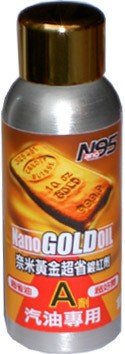Here's what Glock says about the copper colored lube. From the armorer's manual.The stuff that Glock ships with is more commonly called an anti-seize compound or anti-seize assembly compound - sometimes called anti-seize thread lubricant.
This is the first item under the section entitled "Lubricating the Field Stripped Firearm". Emphasis as in the original text.
NOTE: The copper colored substance on the interior of the pistol is a high-temperature factory-applied lubricant for new guns. The copper colored lubricant should remain, as it will assure long-term lubrication of the slide.
I don't think it matters hugely what sort of grease you use, but you definitely need something in that spot that won't run off/evaporate or the gun won't work. A friend of mine put one of his Glocks through an ultrasonic cleaner which completely stripped all the lube from the gun. When he re-lubricated the gun, he missed the area that had previously had the copper colored lube because that's not one of the spots that's generally noted as an oiling point in a Glock. The slide was hard to rack and he was getting repeated malfunctions until I stripped the gun and noticed that the area was dry.

